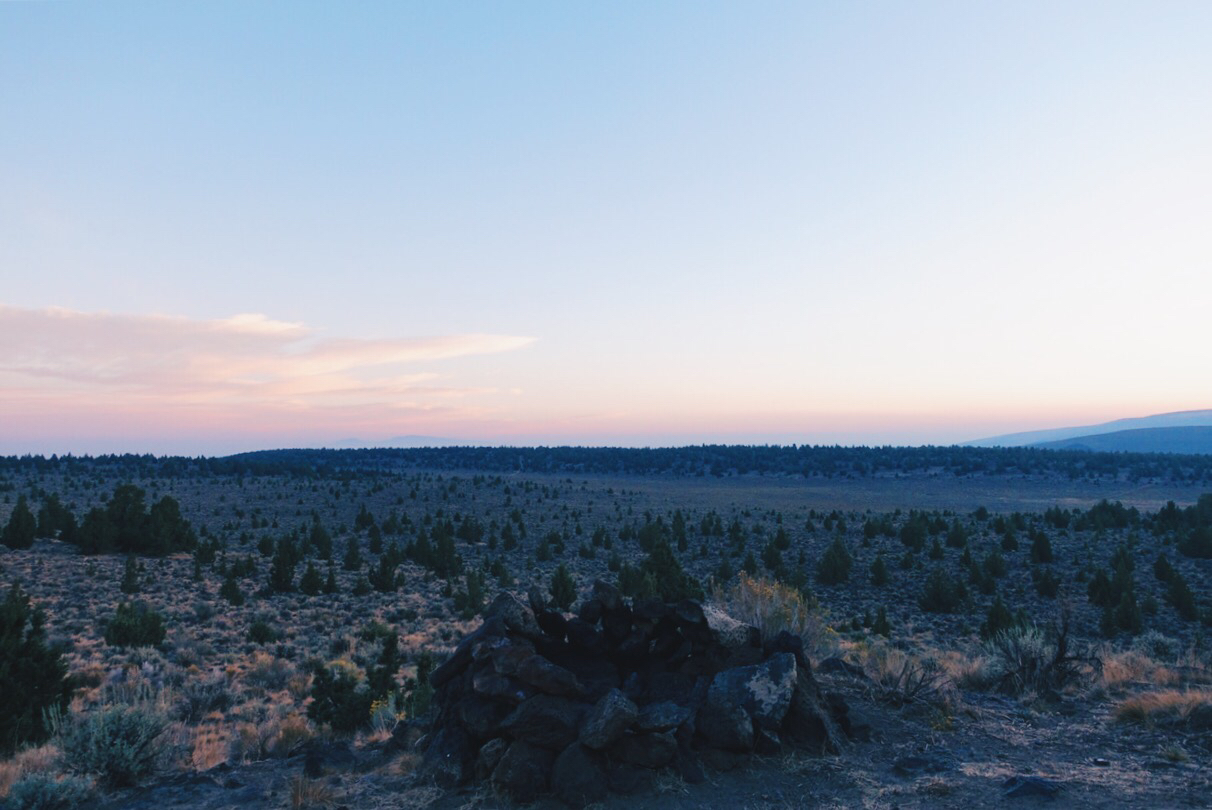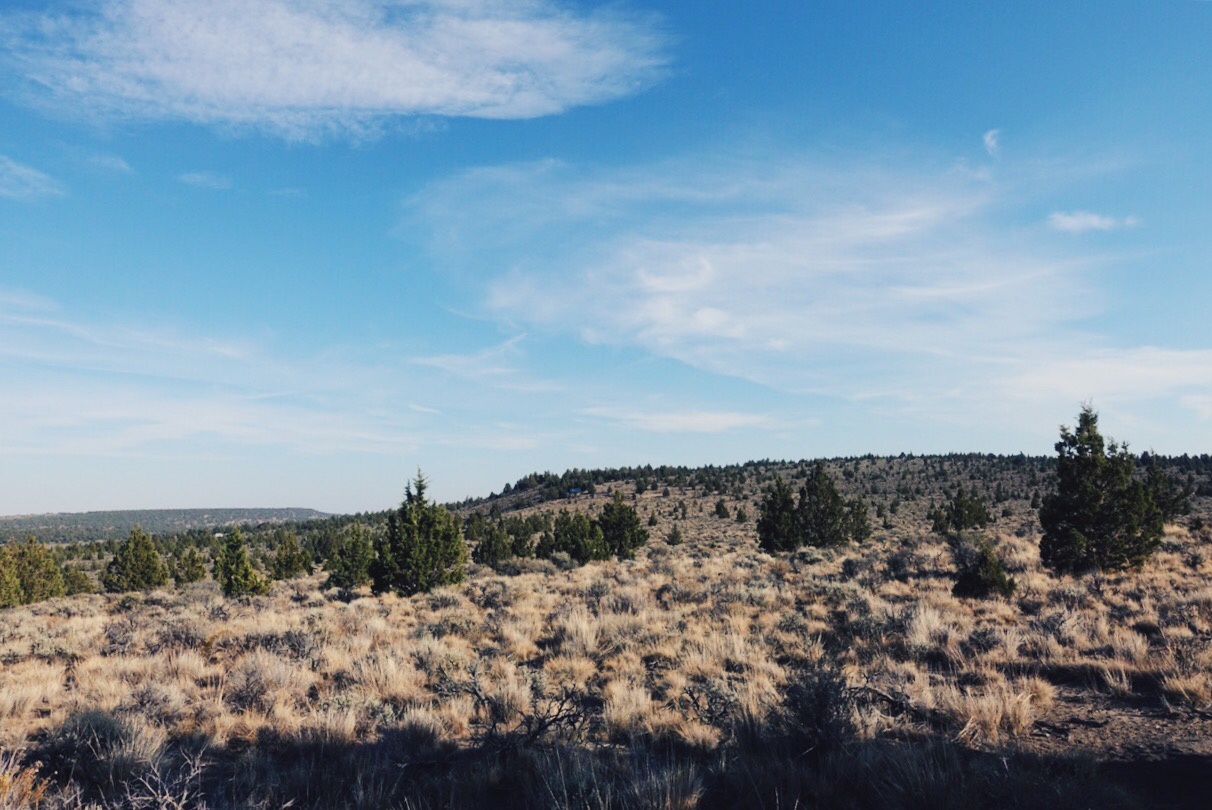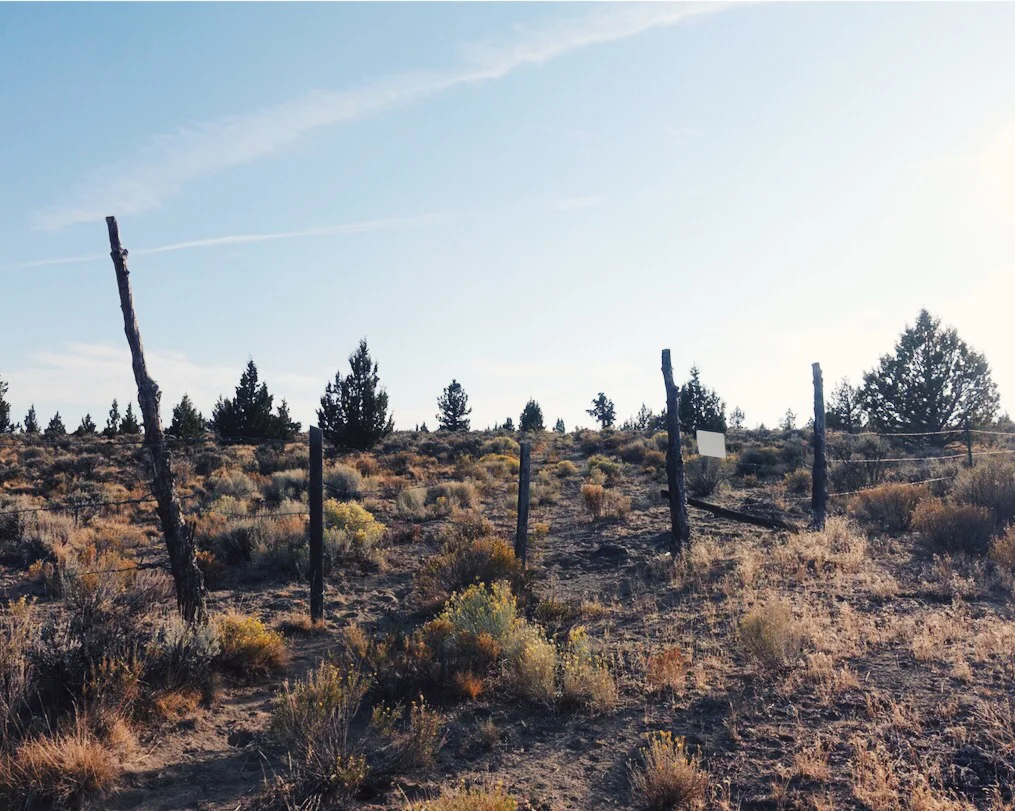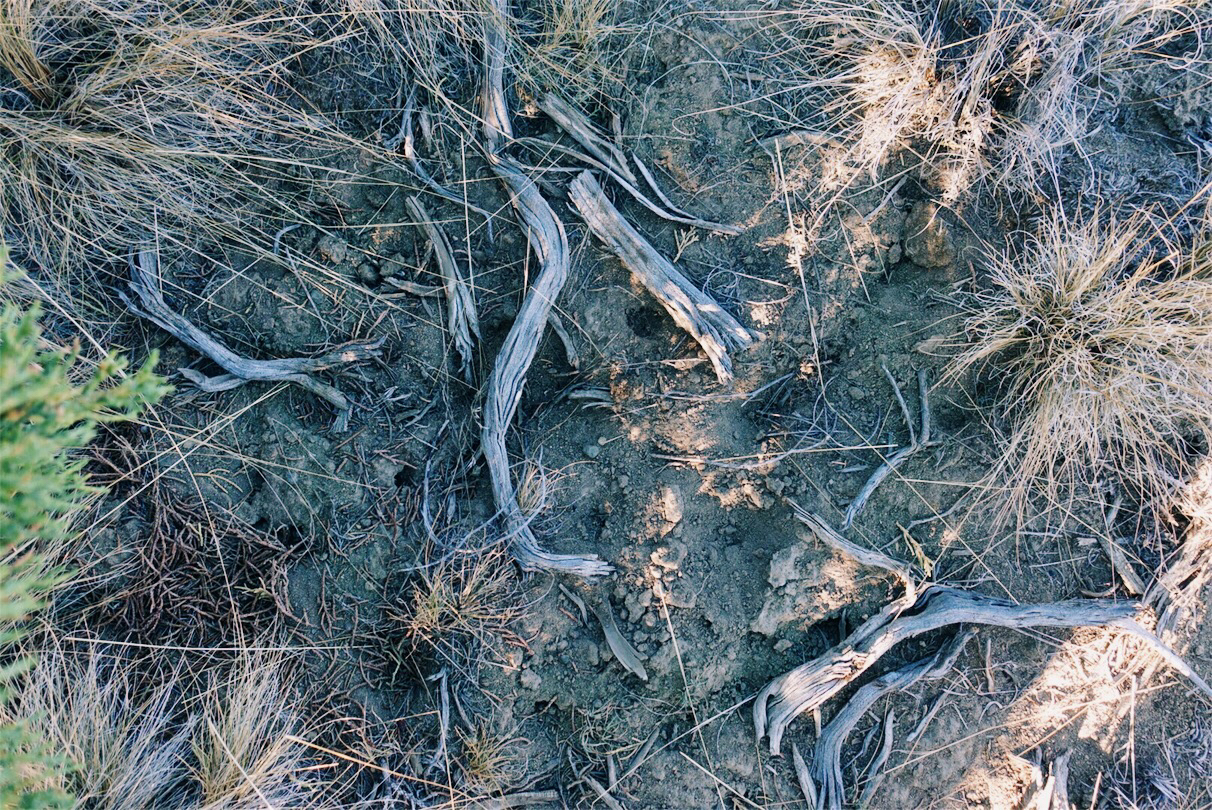overcoming resistance
/I went to the gym for the first time in almost thirty years this morning. I went with my husband, who has been asking me to come with him for almost as long. It's the kind of thing he thinks will be "fun," and I think will be dreadful. It wasn't dreadful. Just as he'd promised, no one paid any attention to me as I learned how to operate the bike and the weight machines, and just as he'd promised, it was kind of fun to be there with him. It wasn't until I was heading out of the gym and on the way home that I remembered why I'd stopped going to the gym in the first place. I was 18 years old and terribly self-conscious of my body and my fitness level - and my semi-regular visits to the facility were drawing attention from an older man. I can remember him waiting outside, leaning up against the concrete wall with a water bottle in hand, asking me in that slow male drawl how my workout was, telling me with a glance up and down that I was looking pretty good. It was the late 80's - and it was a man's world. It never occurred to me to stand up for myself and tell him to go away, or to complain to the gym, or even alter my schedule. I felt uncomfortable so I quit. In the Christian subculture I grew up in, that was my role in the world: submit, yield, or get out of the way, and I did.I'm at midlife now and I ditched the ideology of the subculture a long time ago, but the muscle memory is still there. Someone makes a demand on my time or emotional energy and I instantly assume it's my duty to meet it even when I am mentally certain I should be doing something else. The limbs twitch with conditioned motion, thoughts race along the grooves of practiced belief, and dopamine arrives to validate the action. In the old days, I called this comfortable, assured feeling "peace." Conforming provided its own reward - and kept me from growing into anything more.
I'm most vulnerable to this kind of reaction directly after I assert myself and declare my intentions. I've come to expect that any new burst of personal determination signals not a season of productivity, but a major catastrophe looming in the wings. As soon as I hit the gym, the creepy old guy shows up in the doorway demanding attention, plucking the strings of my ingrained responses, encouraging me to yield to his demands.
"Resistance," says Steven Pressfield in The War of Art, "obstructs movement only from a lower sphere to a higher. It kicks in when we seek to pursue a calling in the arts, launch an innovative enterprise, or evolve to a higher station morally, ethically, spiritually."
she makes it happen
Learning to recognize Resistance can be complicated - especially when it comes to us wrapped in religion, ideology, and gender-roles. Some people learn early to recognize and defy it, but for me and many others, it's a lifetime's work. We get there one revelation, one deliberate, defiant act at a time.
We can claim the truth that we are makers, artists, builders, weavers, nurturers, truth-tellers, poets, and our work matters.
So go to the gym.
Show up for yourself.
Tell the creepy old man at the door to leave you the hell alone and mean it. (If he sticks around, show up again anyway. He'll get bored when he realizes he has no power to disturb or distract you. )
You can do this. We can do this. We owe it to ourselves - those selves that sat back, that let other people succeed, that fixed all the problems and carried all the burdens, that pushed down feelings and desires, that made dreams smaller so they didn't disturb anyone else. We owe it to ourselves to grow our dreams and find a way and be faithful to what has always been real and true inside of us. So let's do it, okay?
Love you, my friends.
tonia















